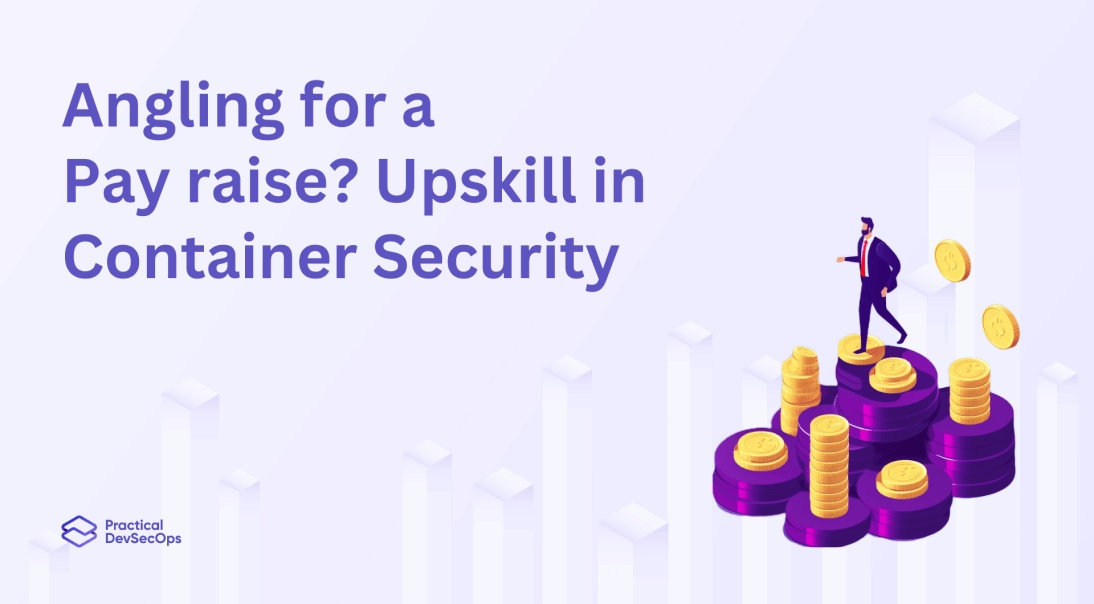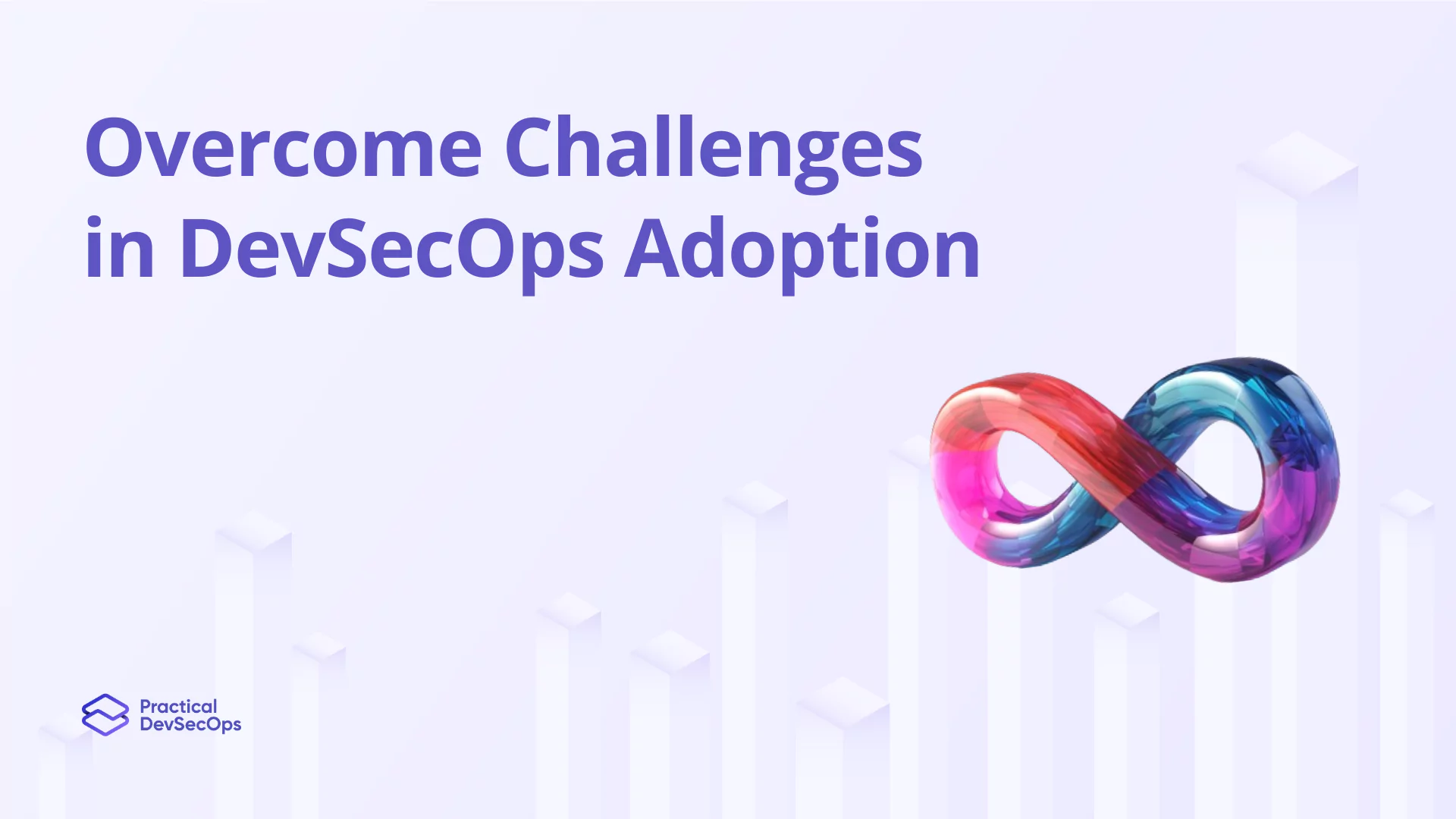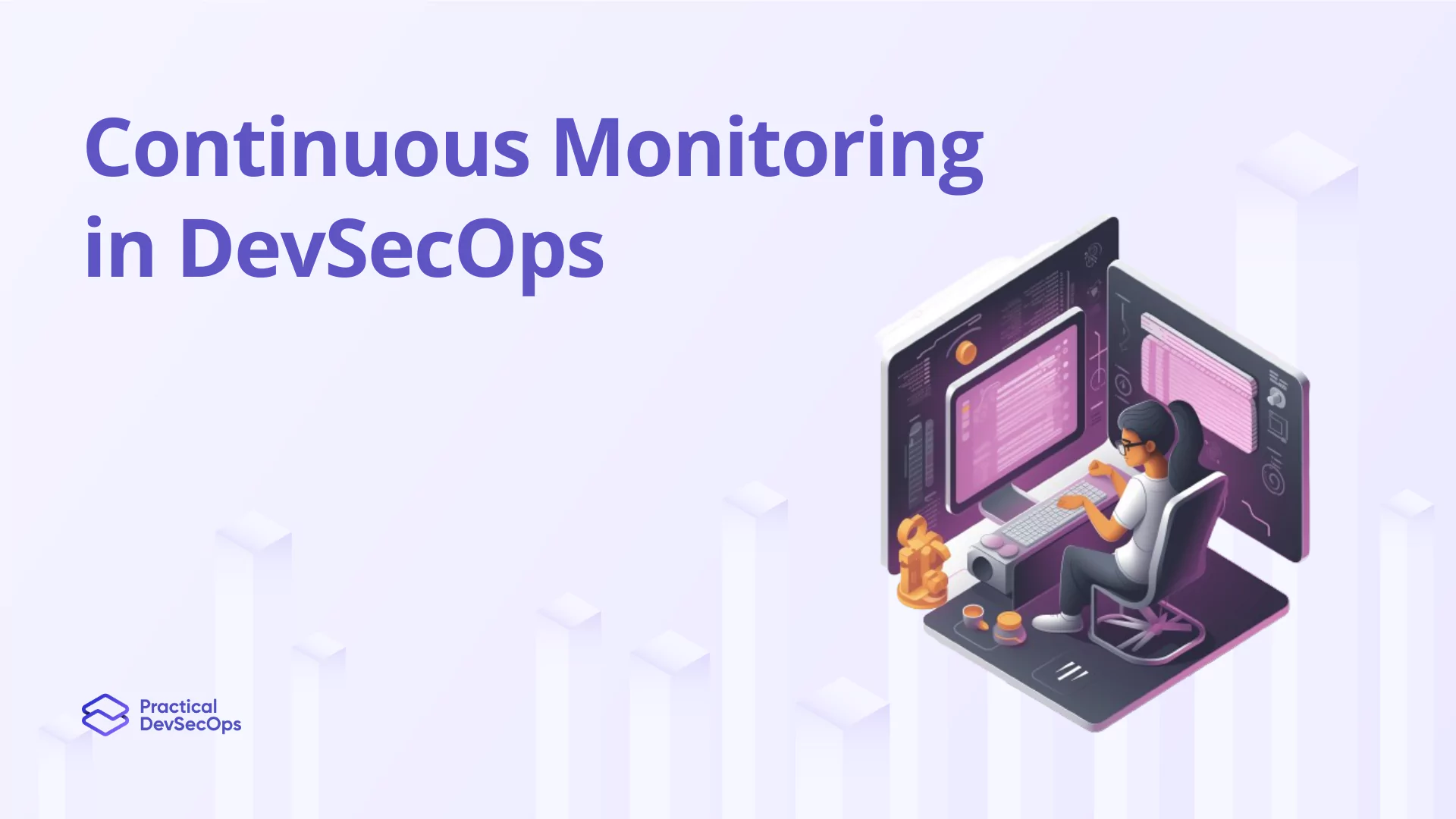Over the past few years, containerization has become an increasingly popular technology for deploying and managing software applications. The rapid adoption of containers has been driven by their ability to simplify and accelerate the development and deployment process. With the widespread adoption of containers, securing the container ecosystem has become increasingly paramount.
The Rising Scope of Container Security
As more organizations embrace containers, the need for container security is also growing. With the rise of microservices and IoT implementation globally, container security is more important than ever. The global container security market is expected to reach 3.6 Billion USD by 2026, at a CAGR of 22%.
The rapid adoption of containers is due to their numerous advantages, such as modularity, scalability, and portability. With each microservice encapsulated into its container, deployment becomes more streamlined. However, it also poses some unique challenges when it comes to security. Containerized applications must be secured so that the software deployed within them stays secure.
Factors Influencing the Scope of Container Security to Rise
- Rapid Adoption: As containers continue to gain widespread adoption due to their ability to accelerate the development and deployment process, the security risks associated with containers become more prevalent.
- Increased Attack Surface: Containers introduce a new layer of infrastructure that needs to be secured, adding another potential entry point for attackers. Vulnerabilities in container images or configurations can be exploited, creating serious security risks.
- Complexity: While containers offer simplicity in terms of packaging and deployment, they also introduce new complexities in terms of security. Containerized applications rely on multiple containers, microservices, and third-party dependencies. Managing and securing the entire container ecosystem effectively is daunting.
- Dynamic Nature: Containers are highly dynamic and can be spun up, scaled, and destroyed quickly. This dynamic nature makes maintaining visibility and control over containerized environments challenging, leading to potential security gaps if not properly managed.
- Shared Resources: Containers share the underlying host operating system kernel and resources. Therefore, a compromise in one container can potentially affect other containers running on the same host.
- Orchestration and Automation: Container orchestration platforms, like Kubernetes, have become popular for managing containerized environments at scale. While these platforms offer convenience and automation, they also introduce additional security considerations.
- Compliance and Regulatory Requirements: As containerized environments are increasingly used to run critical workloads, organizations must ensure compliance with industry regulations and security standards. Meeting these requirements adds complexity to container security efforts.
The Need for Container Security Experts
As more organizations move to container-based infrastructure, the demand for container security experts is also rising. With container adoption skyrocketing, businesses need security personnel to safeguard their containerized applications effectively.
Upskilling in container security represents an excellent opportunity to advance your career. Container security experts are needed to help organizations build effective security strategies around containers, including container hardening, intrusion prevention, and vulnerability management.
Moreover, container security skills are in high demand in the job market, with a high salary average that is expected to rise further. It’s a great time to upskill in container security to improve your knowledge and increase your earning potential.
Upskilling in Container Security
By upskilling in container security, security professionals can:
– Stand out in a competitive job market
– Increase earning potential
– Better protect their organization’s sensitive data
DevOps and development teams that upskill in container security can also enable their organizations to adopt a more proactive approach to security by integrating security practices throughout the container lifecycle.
The significant growth in containerization has created demand for specialists who can design and implement effective container security strategies. There are several ways to upskill in container security, including:
- Enrolling in online courses
- Attend relevant conferences and events
- Obtain certification
- Work on open-source projects
Container security is a rapidly growing area of opportunity for security professionals. Given the scope of container security and the range of opportunities for upskilling, those looking to improve their earning potential should consider investing in container security training.
Practical DevSecOps offers an excellent Certified Container Security Expert (CCSE) course with hands-on training through browser-based labs, 24/7 instructor support, and the best learning resources to upskill in container security.
Start your journey mastering to secure containers with Practical DevSecOps!
Also Read, Why DevSecOps is a Promising Career Option?






0 Comments